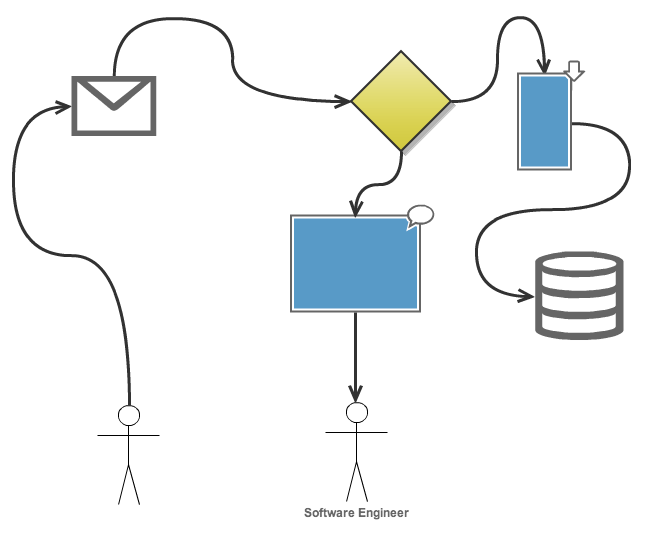Create an HTML Signature Including Image Links in Mac Mail (OS10.8)

You might imagine that this subject would be rather straight forward and hardly worthy of an article of any sort. Unfortunately, you would indeed be imagining. Adding an HTML signature to Mac Mail is not as simple as pasting the html directly into the signature field of the client like in Gmail or Outlook. With Apple Mail pasting HTML or images directly into the signature field just doesn’t work very well. In fact, the process for setting an html signature with images in mac Mail is remarkably un-Mac-like.










